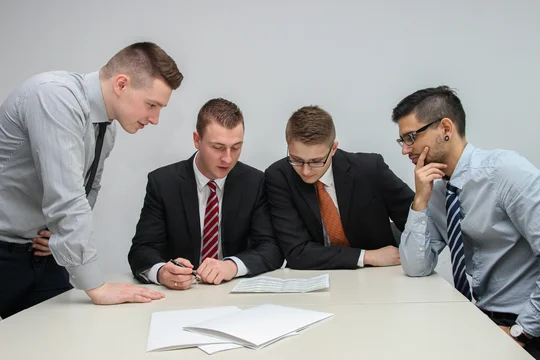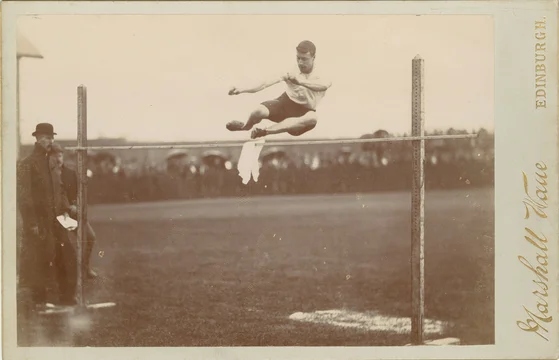Daubert motions are as tough as they are common. It seems every case spawns at least one on each side, and the vast majority are denied with the Court finding that any deficiencies in the expert's methodologies are merely grounds for exploration on cross-examination.
One type that consistently beats these odds (at least in Delaware) is directed to damages experts that attempt to use the damages figures from prior jury verdicts as starting points for a hypothetical negotiation.
Judge Andrews in particular has held a hard line on this issue as shown in his decision on Wednesday in Sprint Communications Company L.P. v. Charter Communications, Inc, C.A. No. 17-1734-RGA, D.I. 573 (D. Del. Mar. 16, 2021). Quoting his own earlier opinion in Acceleration Bay LLC v. Activision Blizzard, Inc., 324 F. Supp. 3d 470 (D. Del. 2018), he stated in no uncertain terms that
“A jury verdict does not represent evidence from which a hypothetical negotiation can be reliably determined. A jury verdict represents the considered judgment of twelve (or maybe fewer) random non-experts as to what a hypothetical negotiation would have resulted in for the patent(s) at issue. It is, at best, an informed lay opinion.” . . . . An informed lay opinion is not a reliable basis for determining the reasonable royalty rate that a hypothetical negotiation would reach.
Sprint, C.A. No. 15-1734-RGA at 19-20 (cleaned up).
The closest Judge Andrews appears to have come to denying a Daubert motion on these grounds is in TC Tech., LLC v. Sprint Corp., C.A. No. 16-153-RGA, 2019 U.S. Dist. LEXIS 101454, at *17 (D. Del. June 18, 2019). There, the damages expert took care to state that it was not the actual jury verdict, but rather the underlying negotiations which the jury ultimately adopted that "relate[d] to the parties' states of mind" and thus affected the negotiation. Id., at *19.
Although Judge Andrews specifically held that this distinction distinguished this case from Acceleration Bay, he ultimately struck those opinions as too different from the hypothetical negotiation in part because "it is well established that licenses arising out of litigation may be unsuitable to prove a reasonable royalty, as the hypothetical negotiation is assumed to be between a willing licensor and a willing licensee. Id. at 20.
Other Delaware Judges have not been so forceful in their condemnation of using prior jury verdicts. Judge Burke, for instance, specifically referenced Acceleration Bay as a decision that "suggested that this type of jury verdict could never be a helpful data point in the reasonable royalty calculus" before going on to note that
The Court is not prepared to say a patent damages expert may never, under any circumstances, rely on a jury verdict from a case involving different parties and different patents in order to help frame what is a reasonable royalty in a given case
Princeton Dig. Image Corp. v. Ubisoft Entm't SA, Civil Action No. 13-335-LPS-CJB, 2018 U.S. Dist. LEXIS 213987, at *4 (D. Del. Dec. 11, 2018).
Nevertheless, Judge Burke too precluded the expert from relying on the prior jury verdict, in part because the verdict in that case was difficult to parse as it was a lump sum covering various products that did not specify what royalty rate was applied to each. See id.
All told I would classify this particular Daubert motion as as close to a gimme as the district has and my afternoon of searching has yet to turn up a case where one was denied. Keep it in your back pockets next time you're looking at reports on damages.
If you enjoyed this post, consider subscribing to receive free e-mail updates about new posts.




